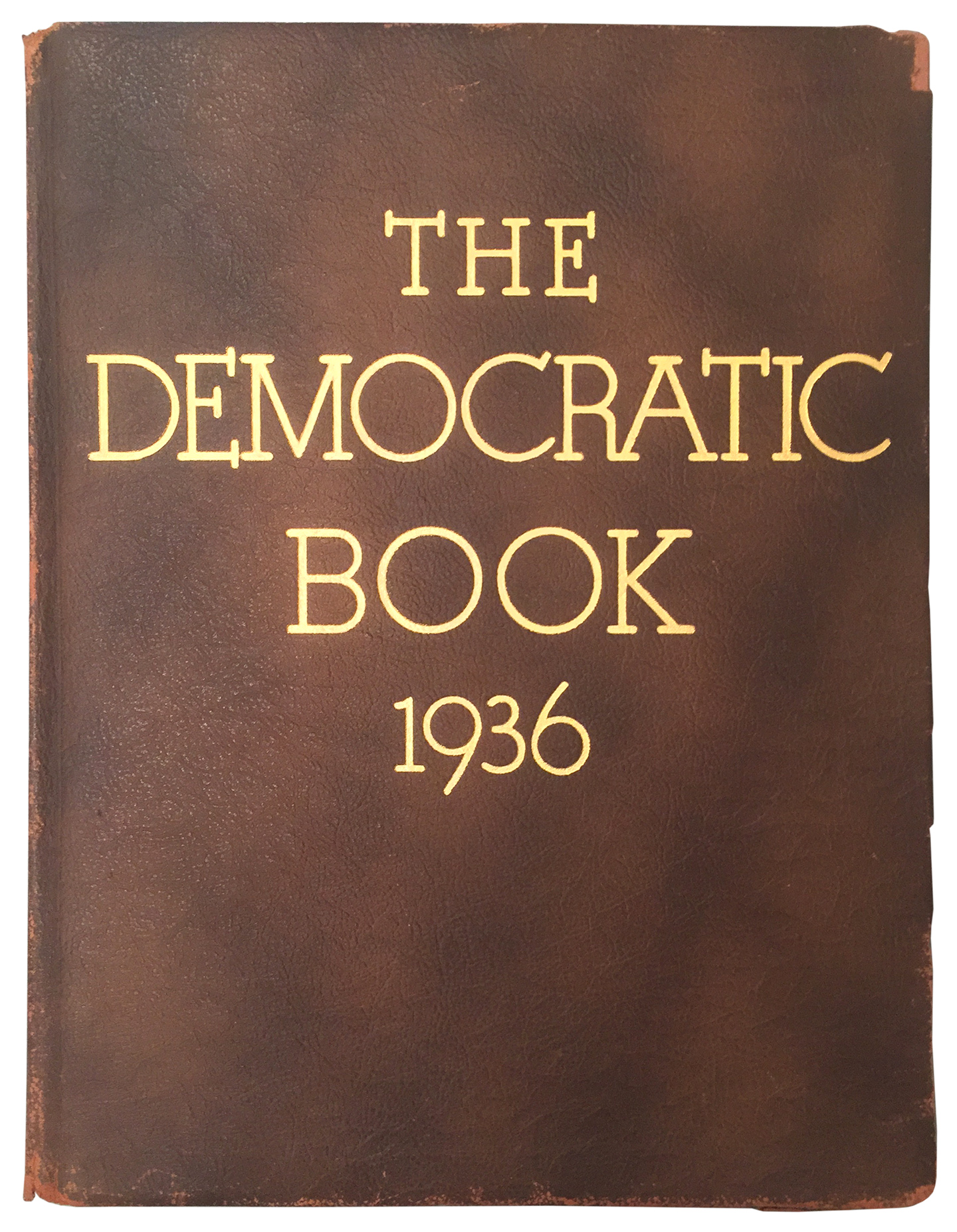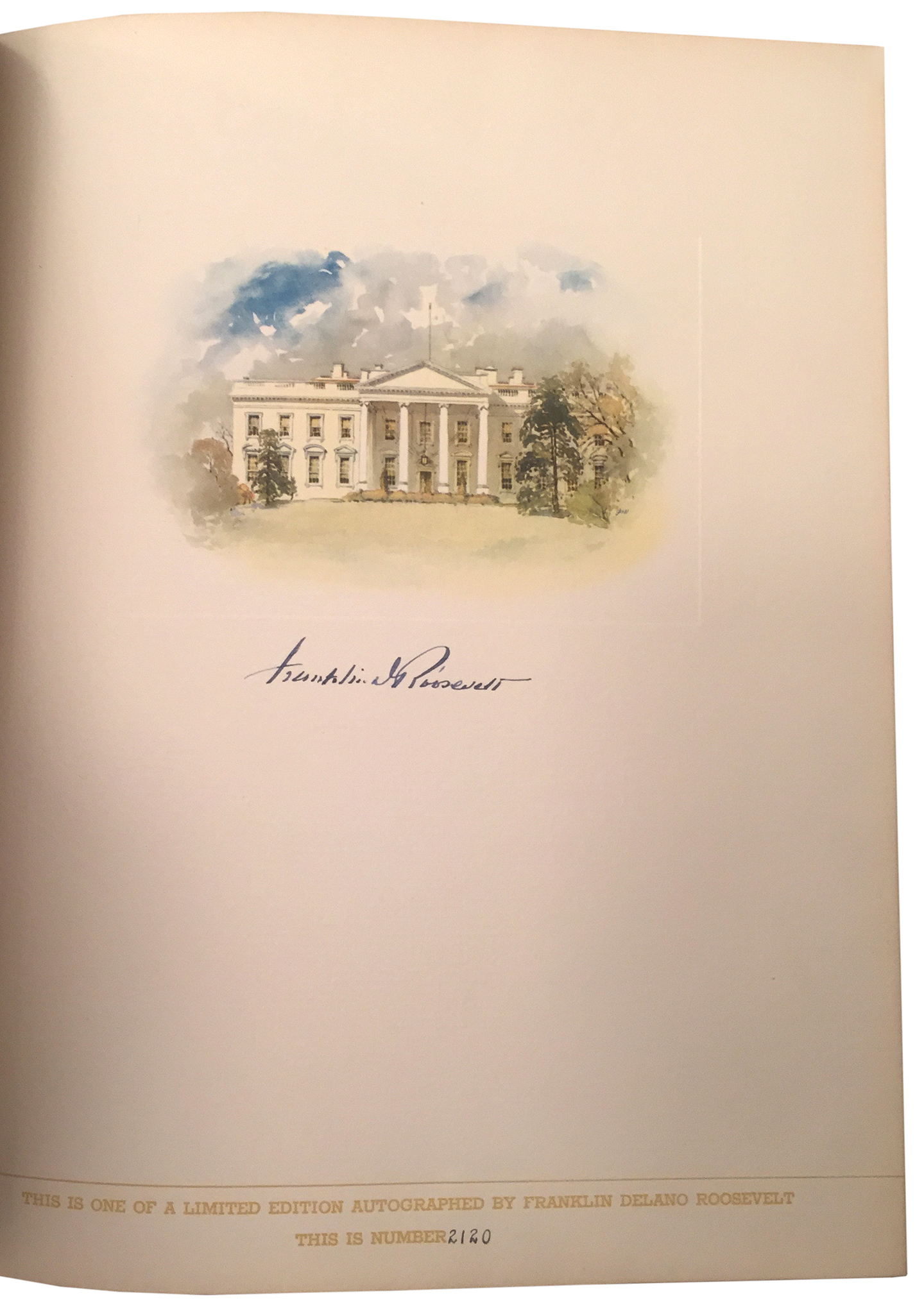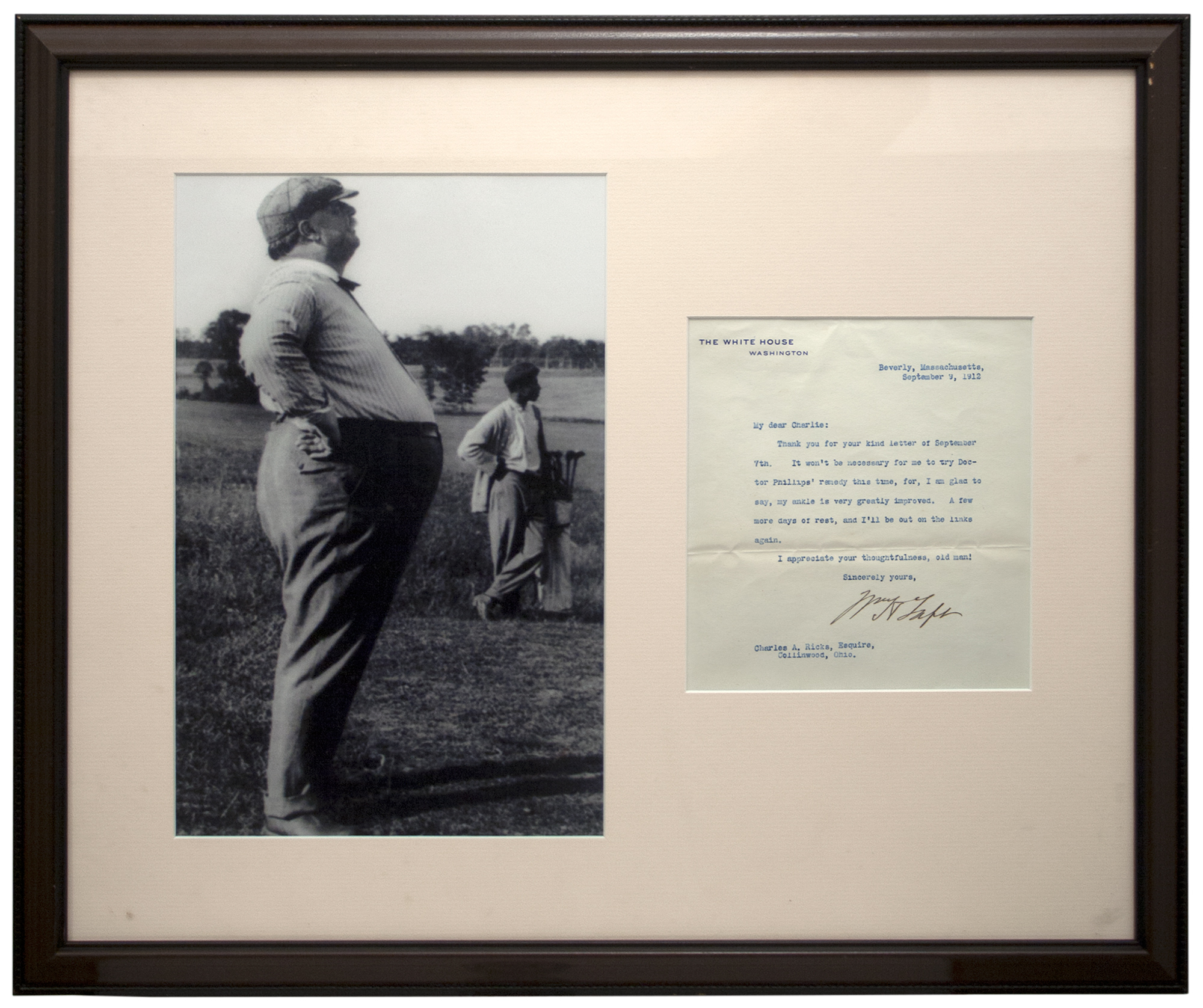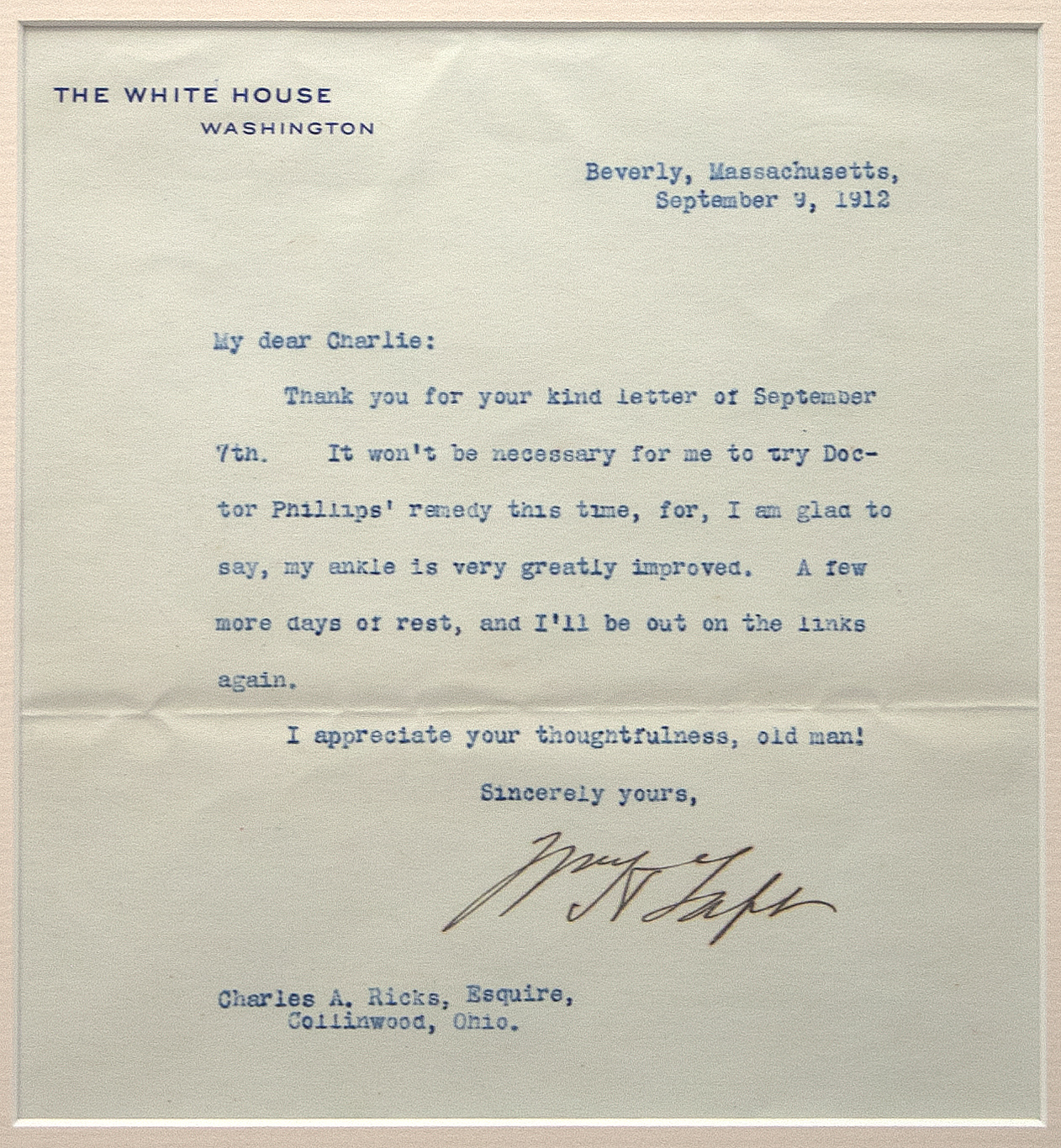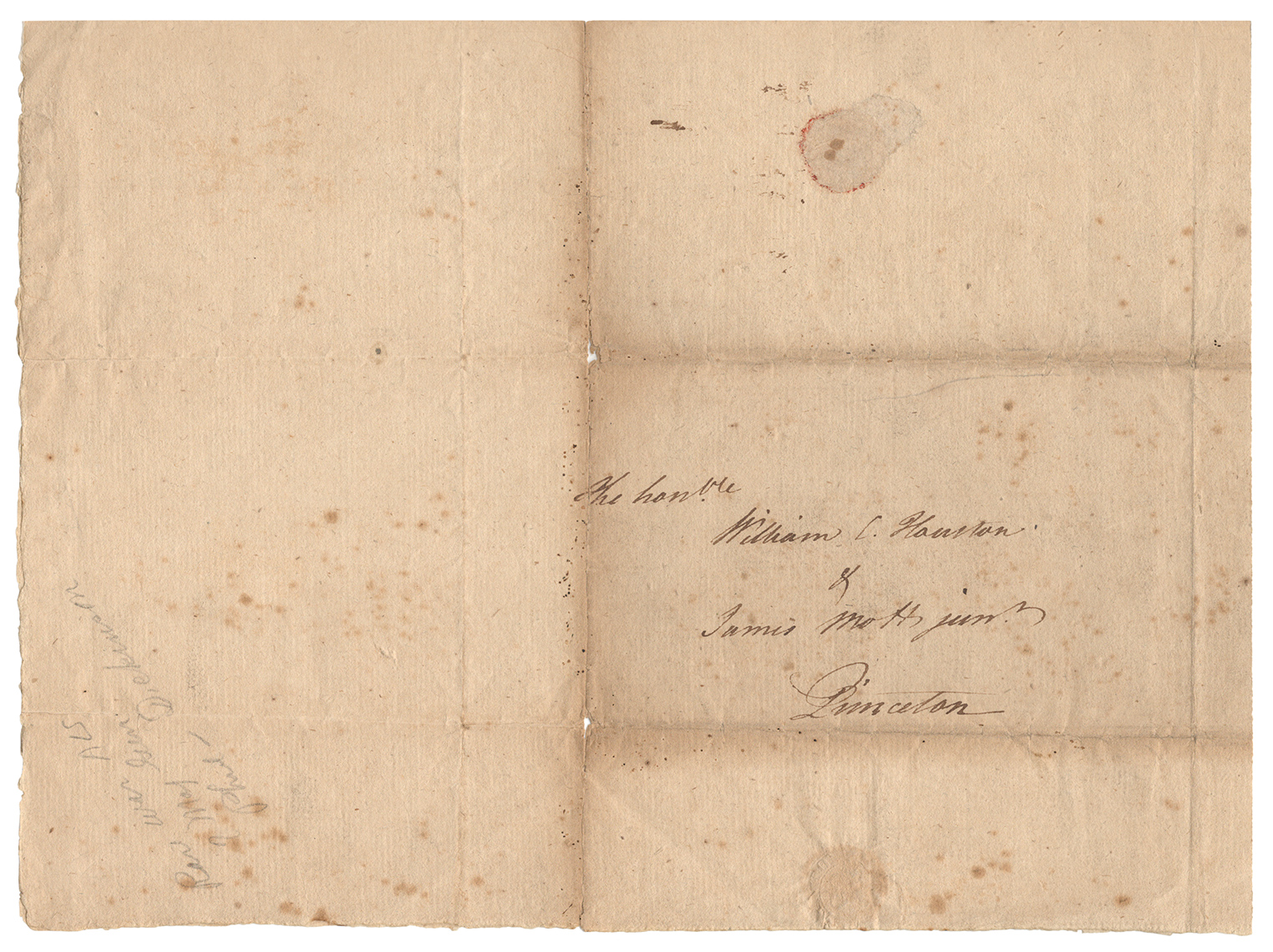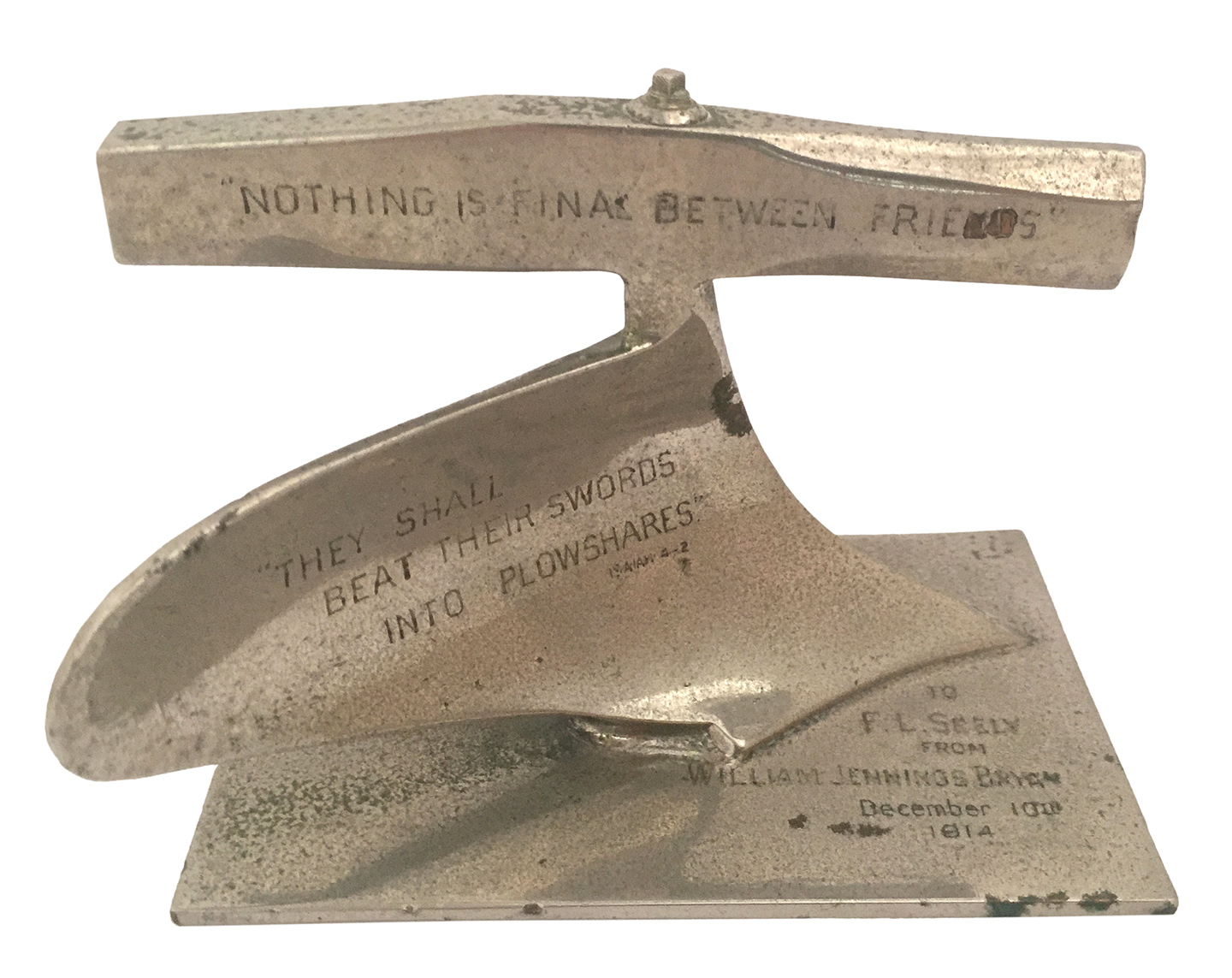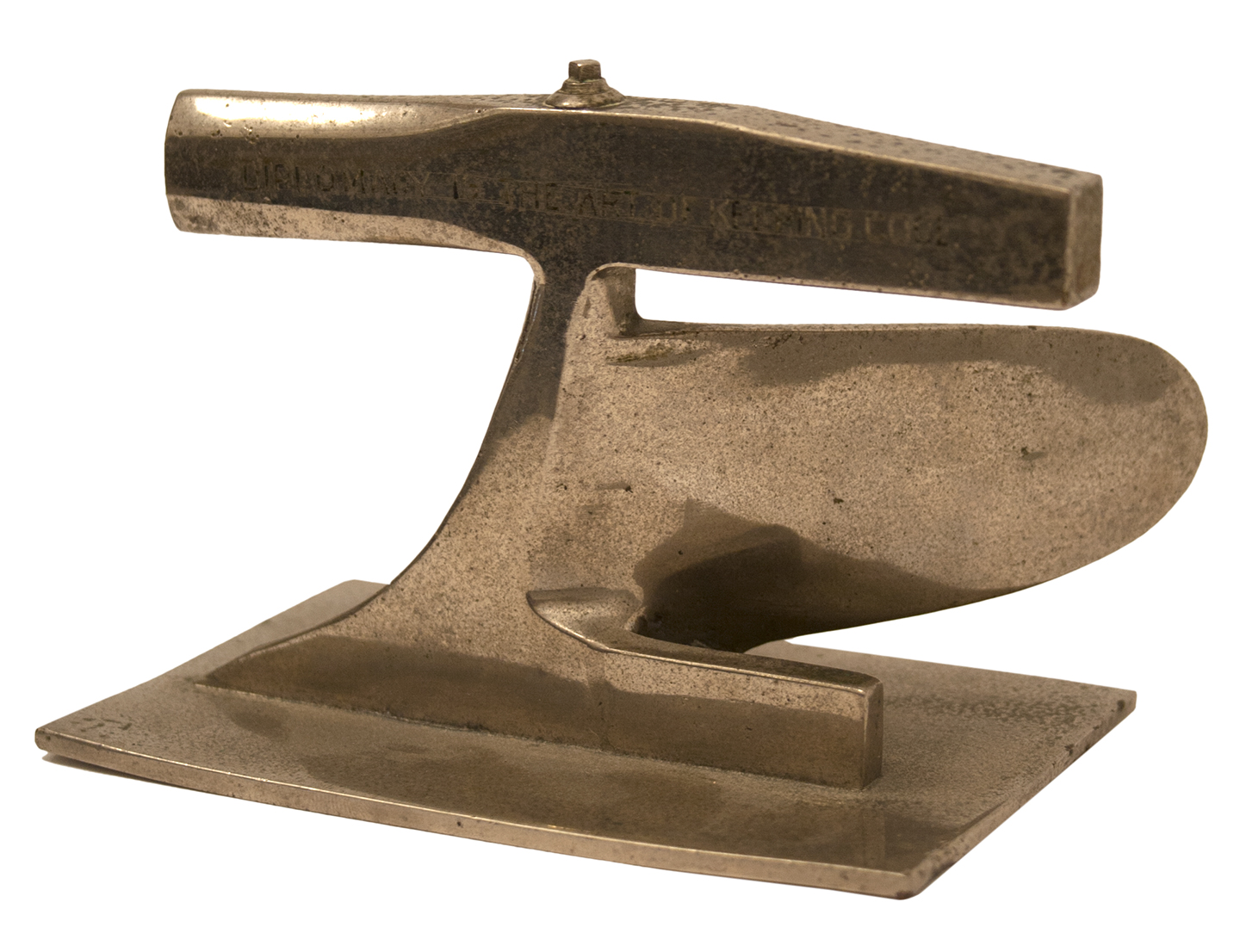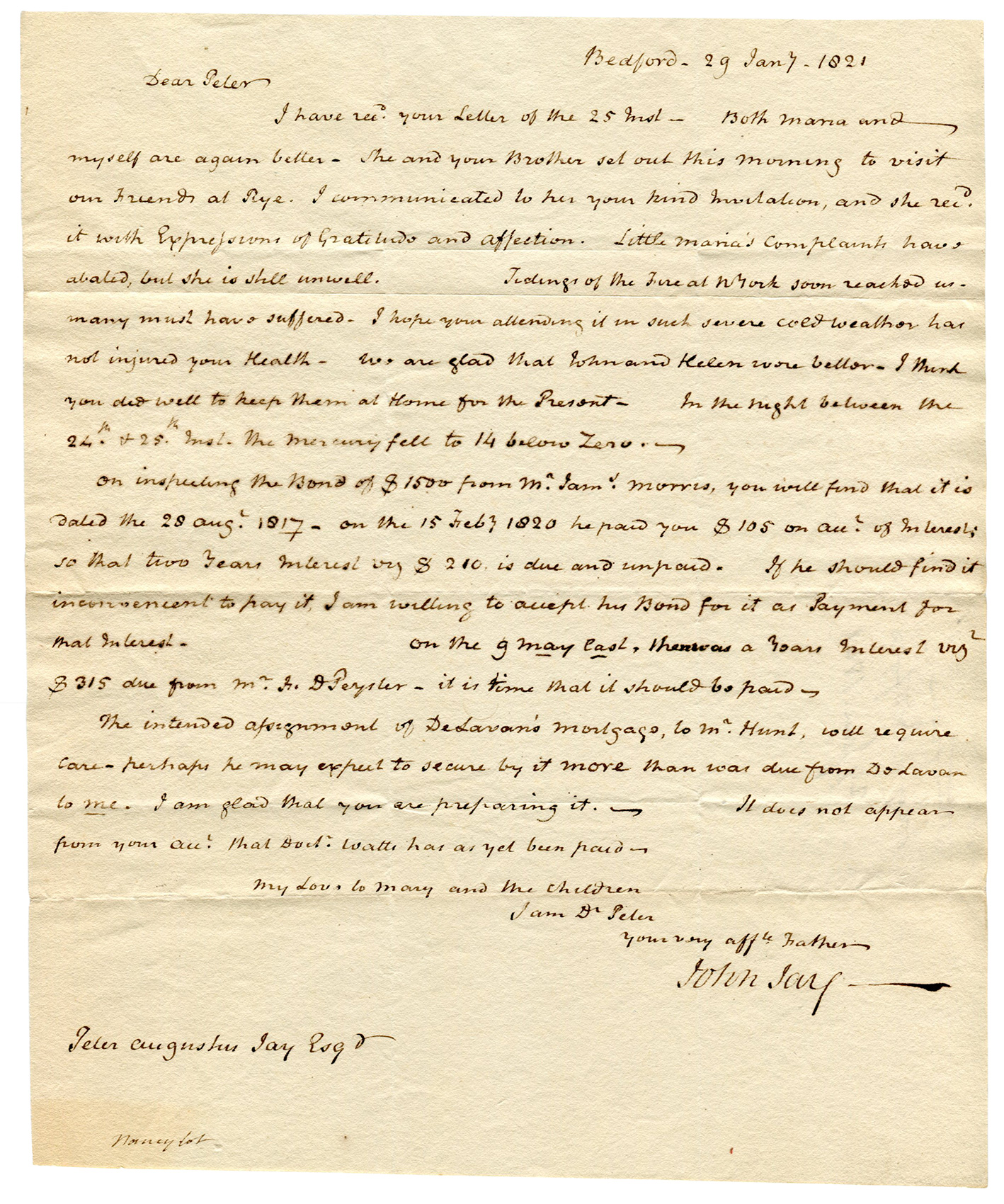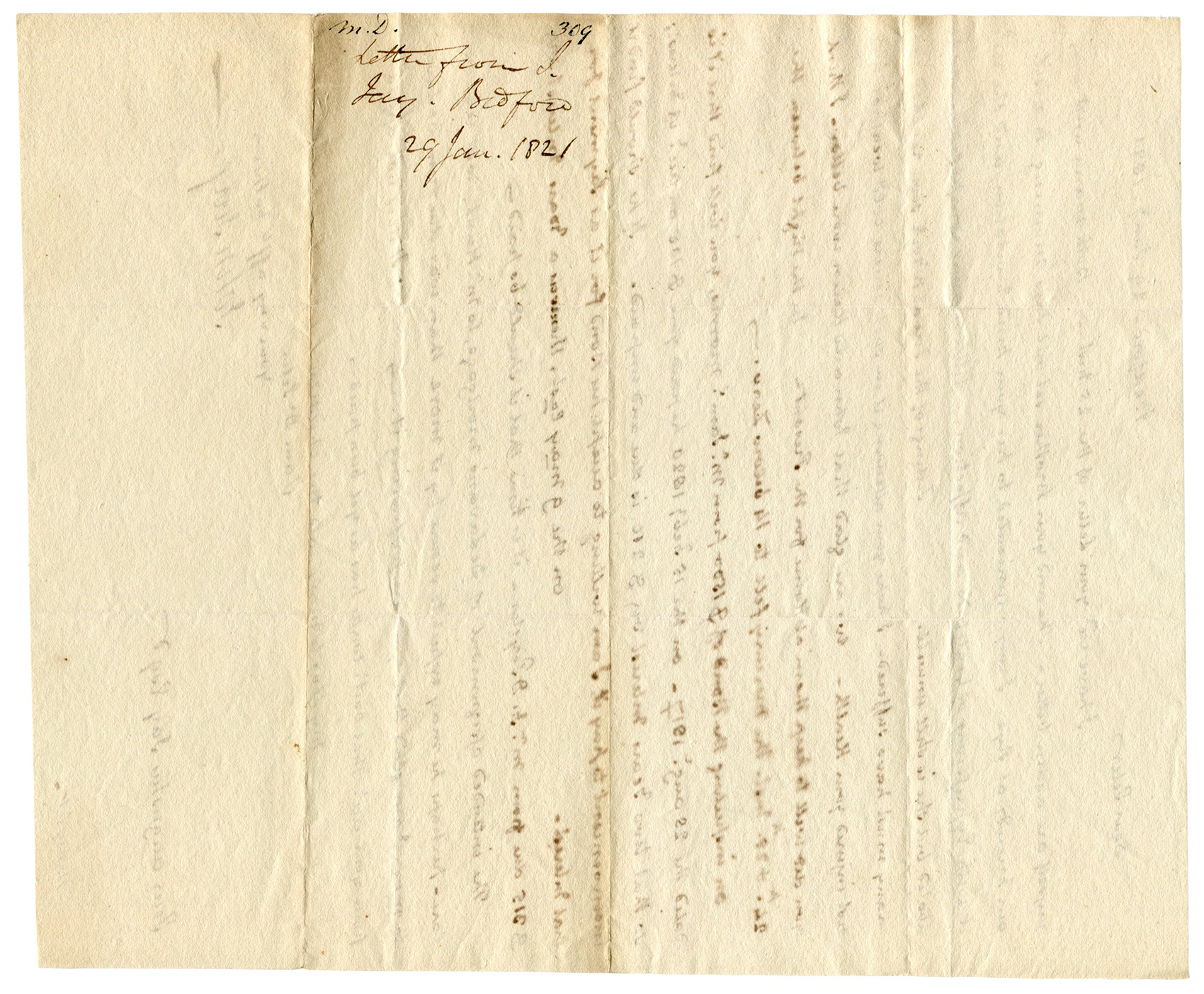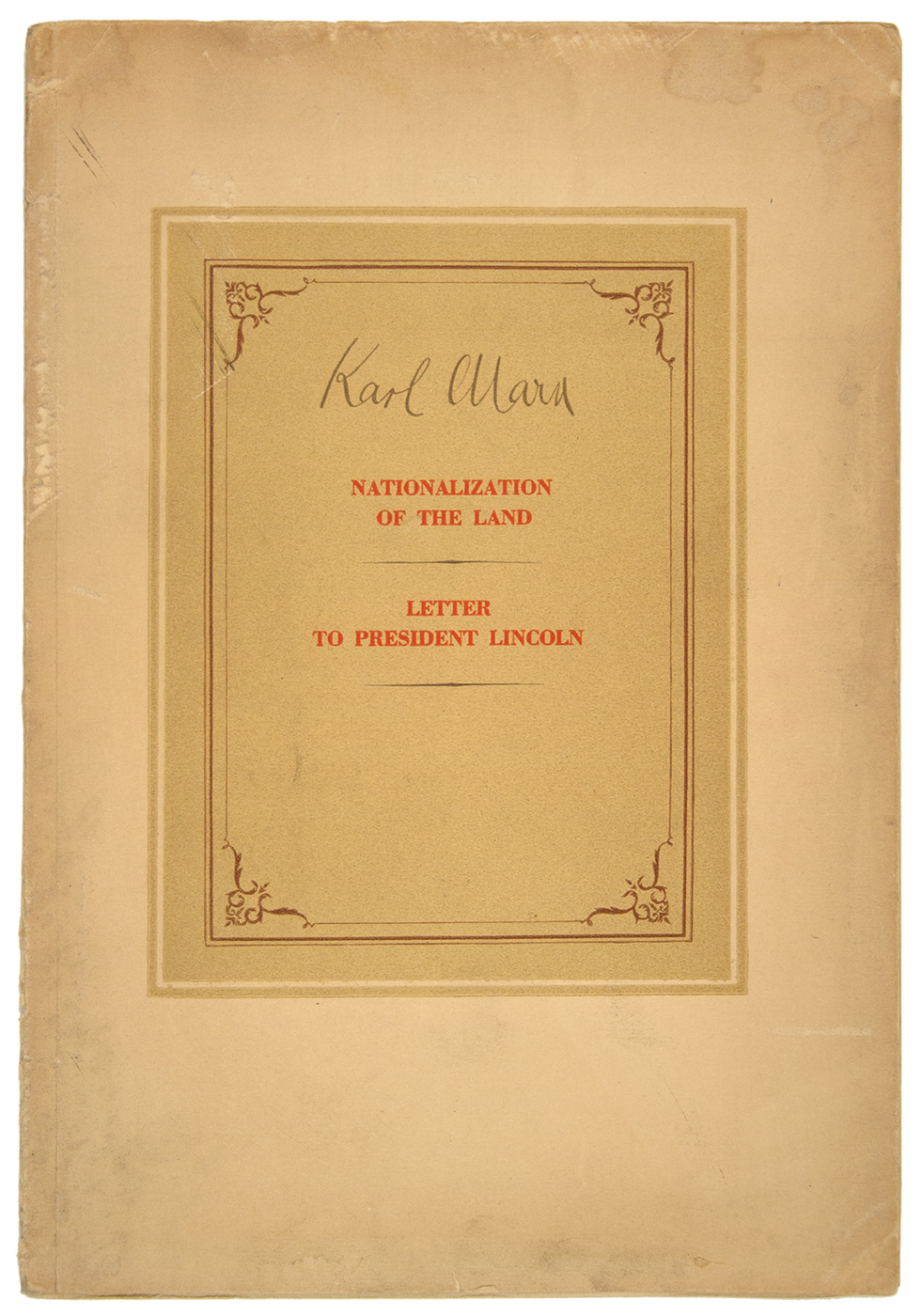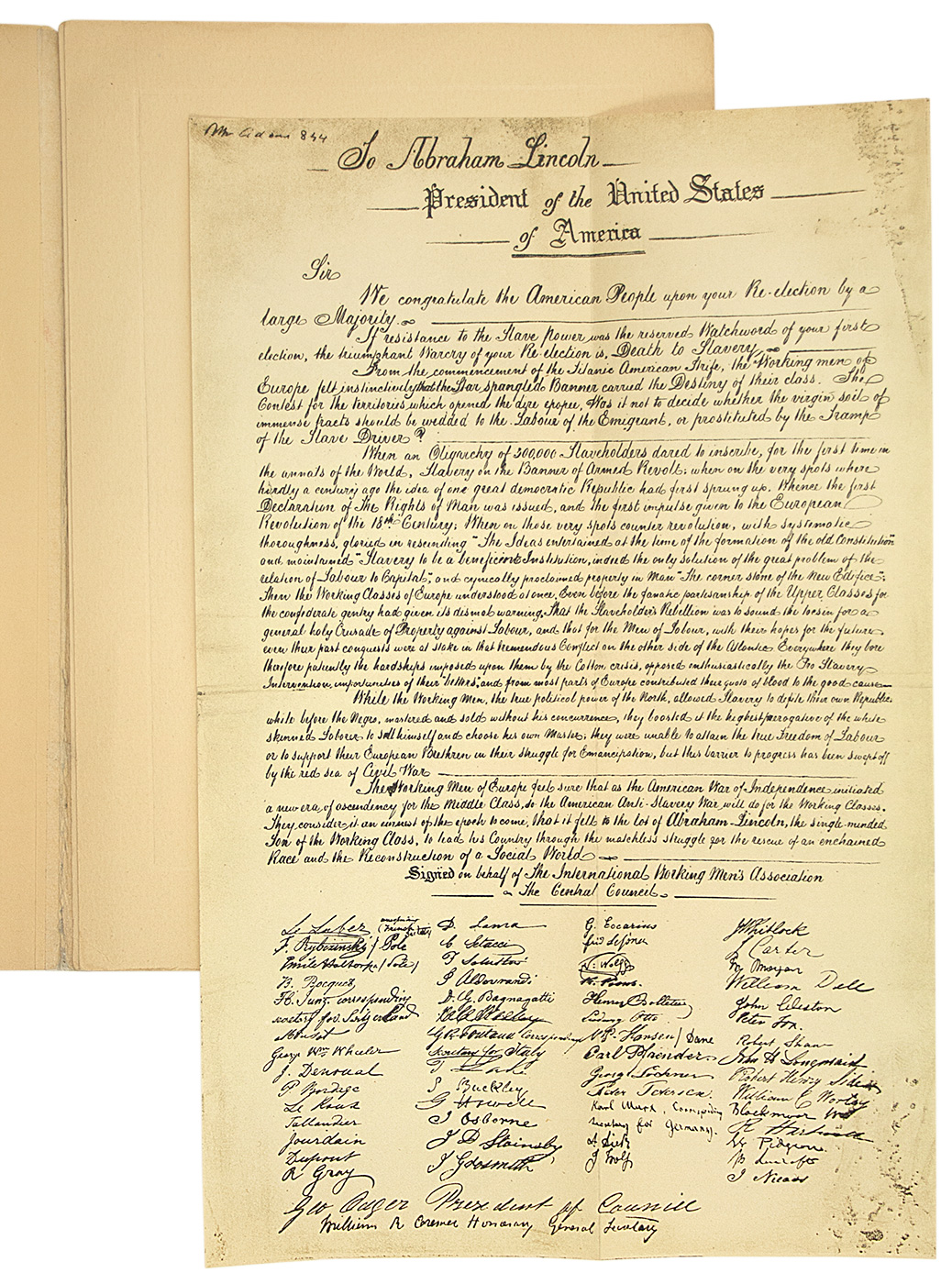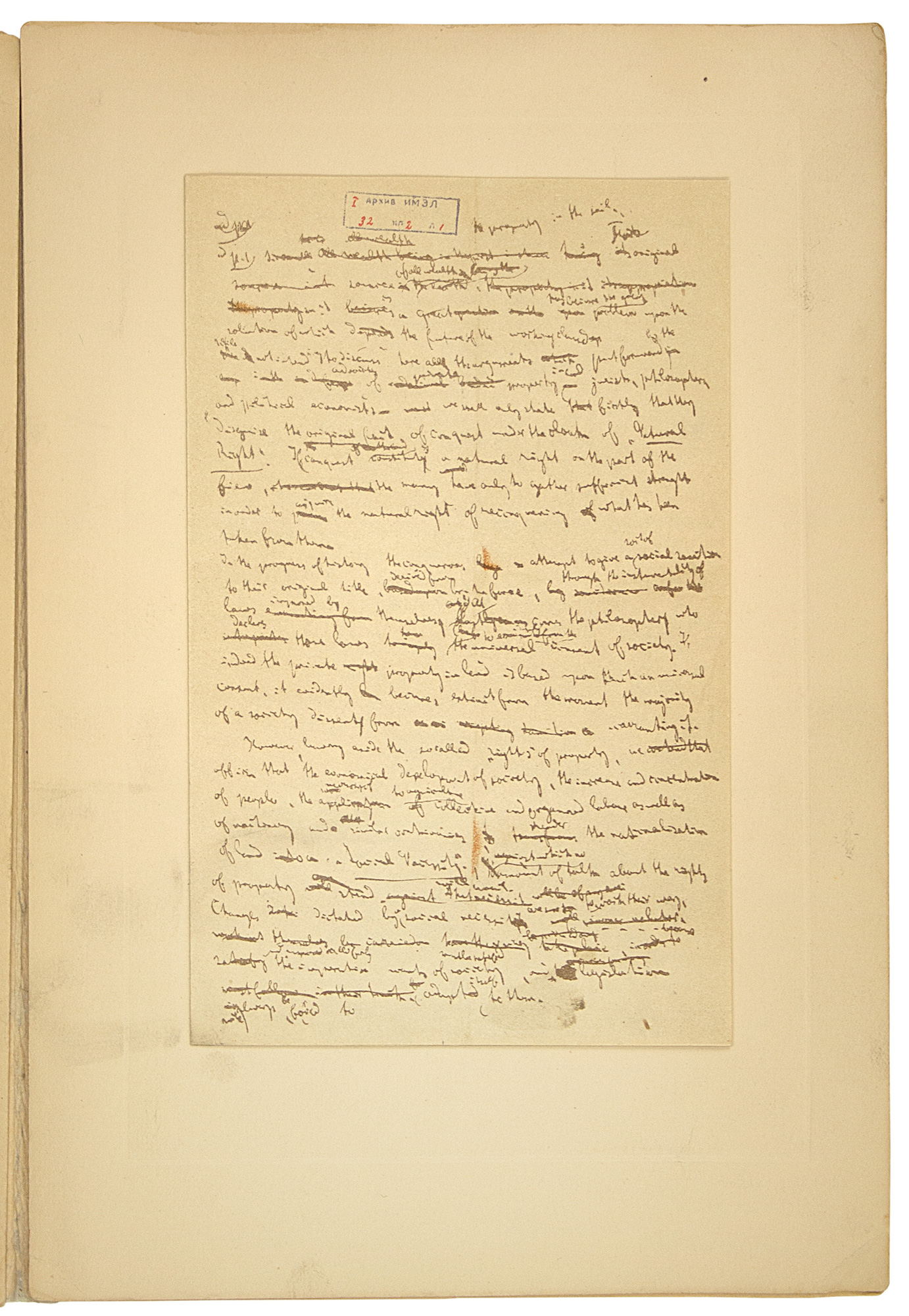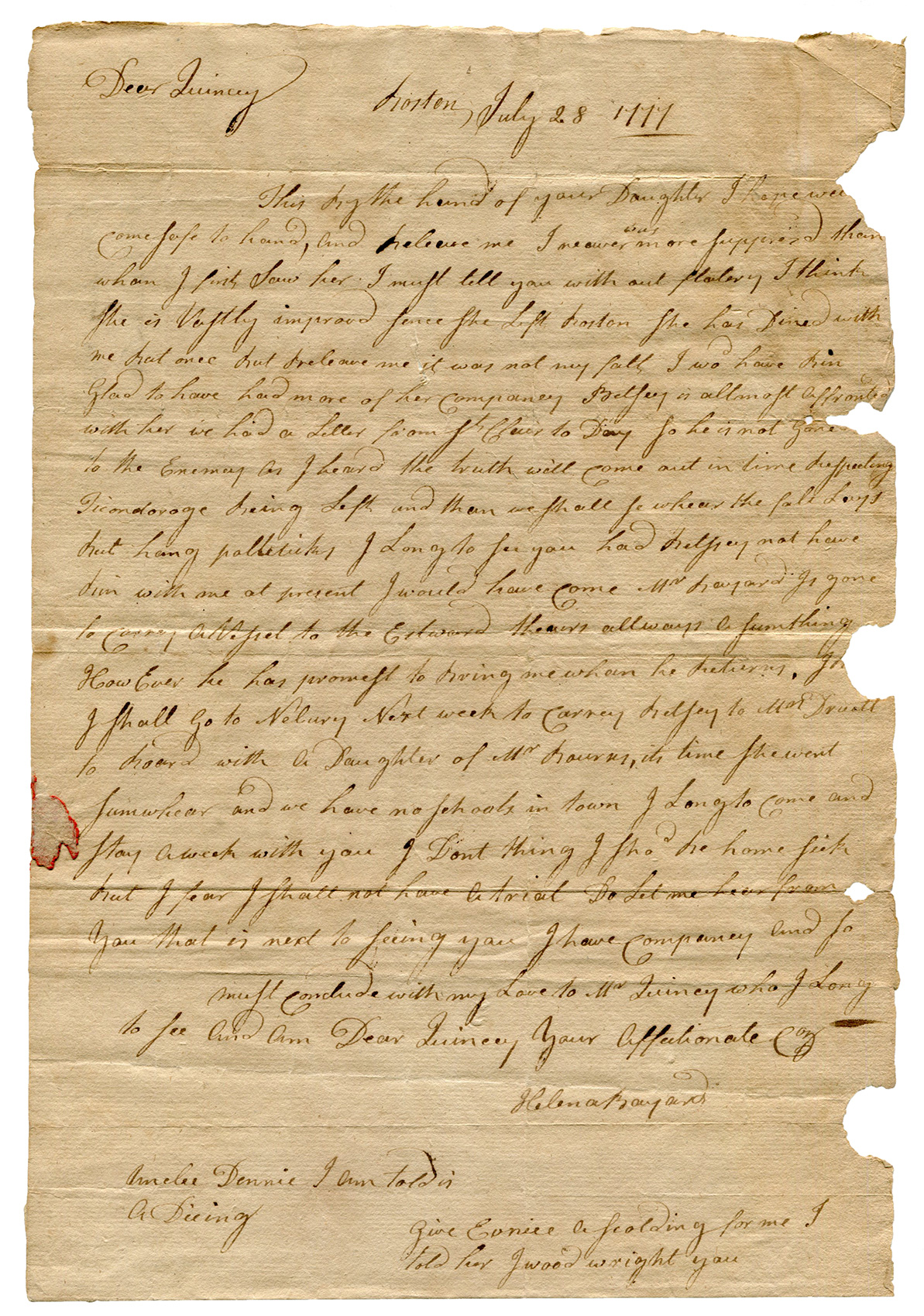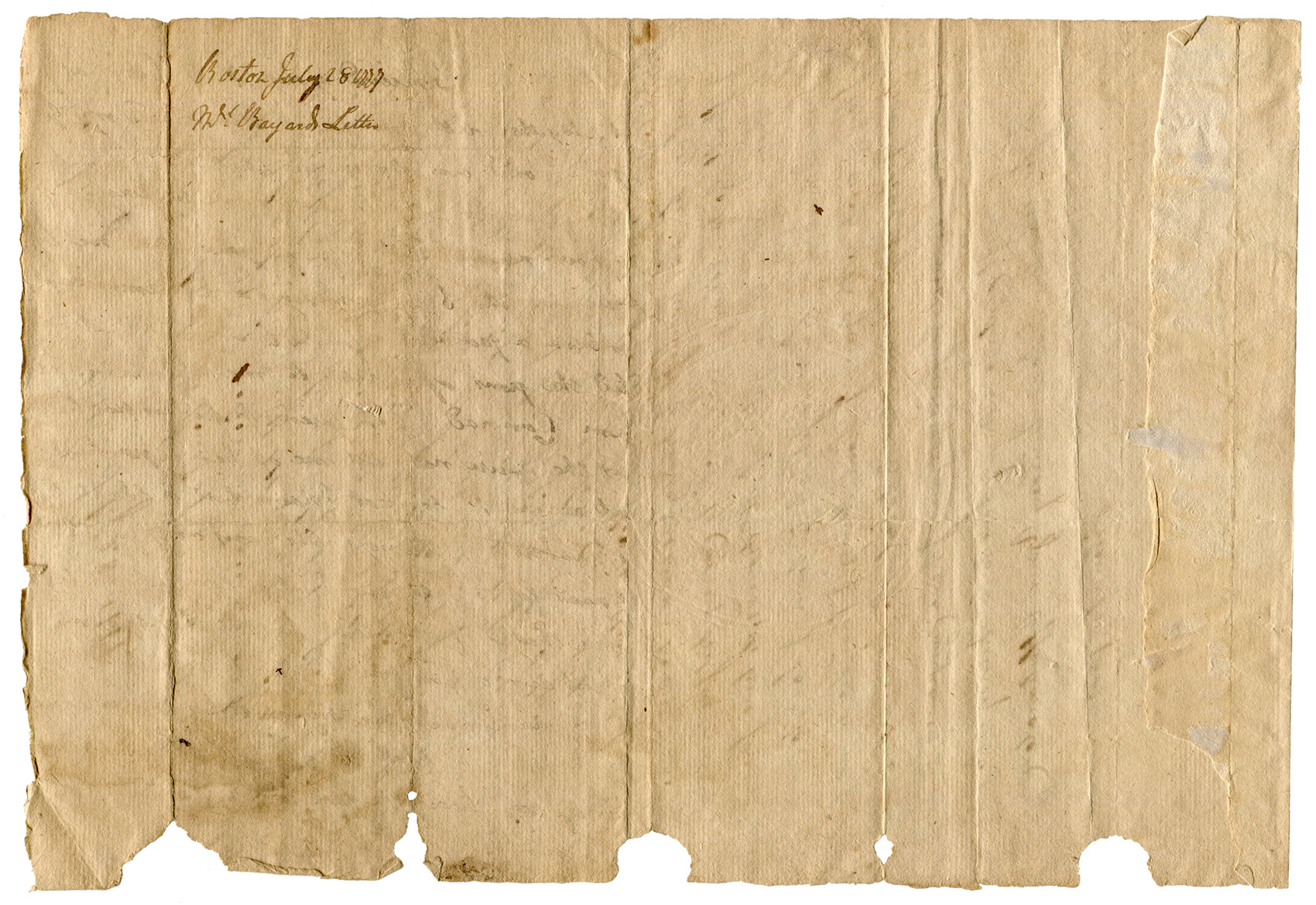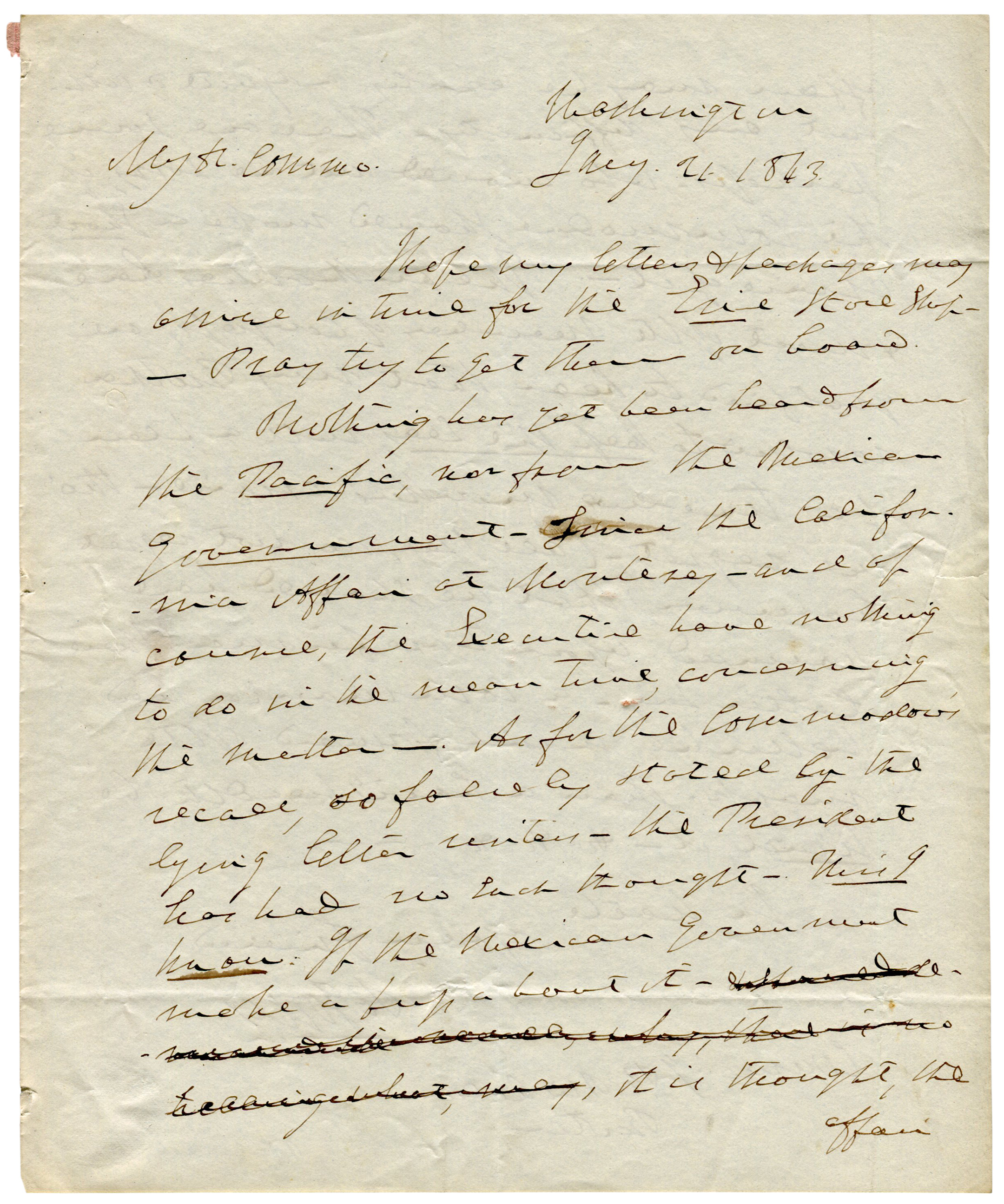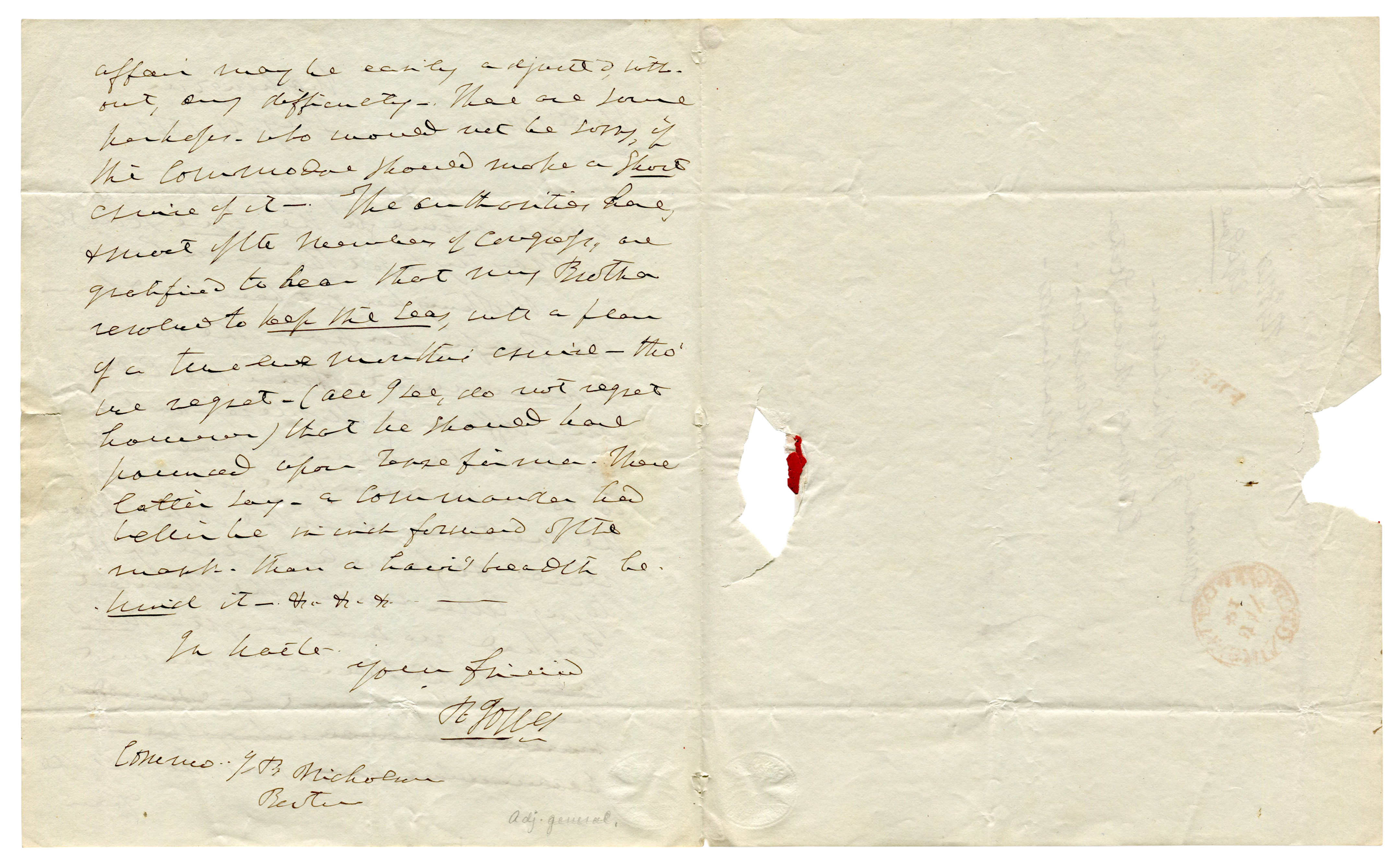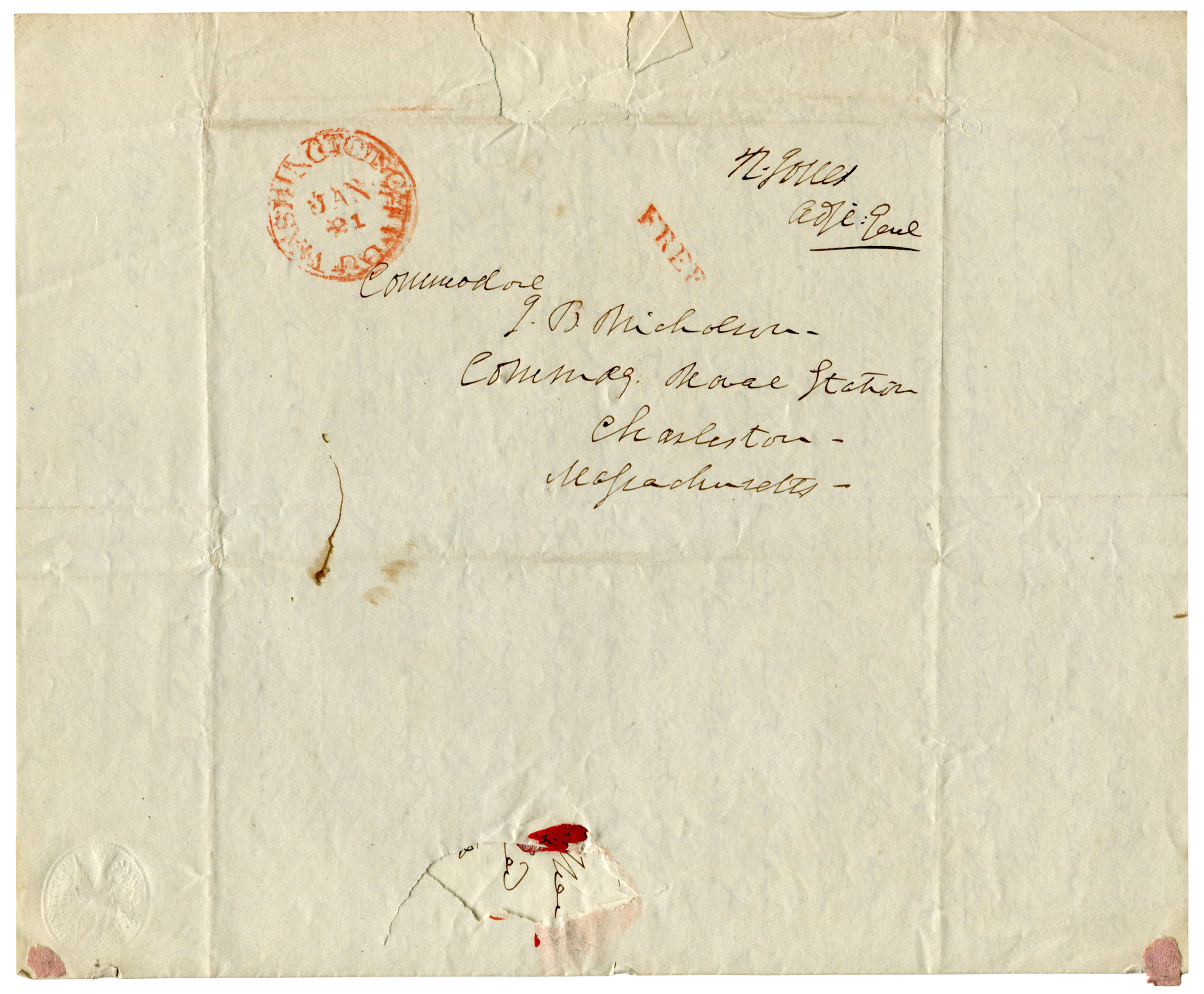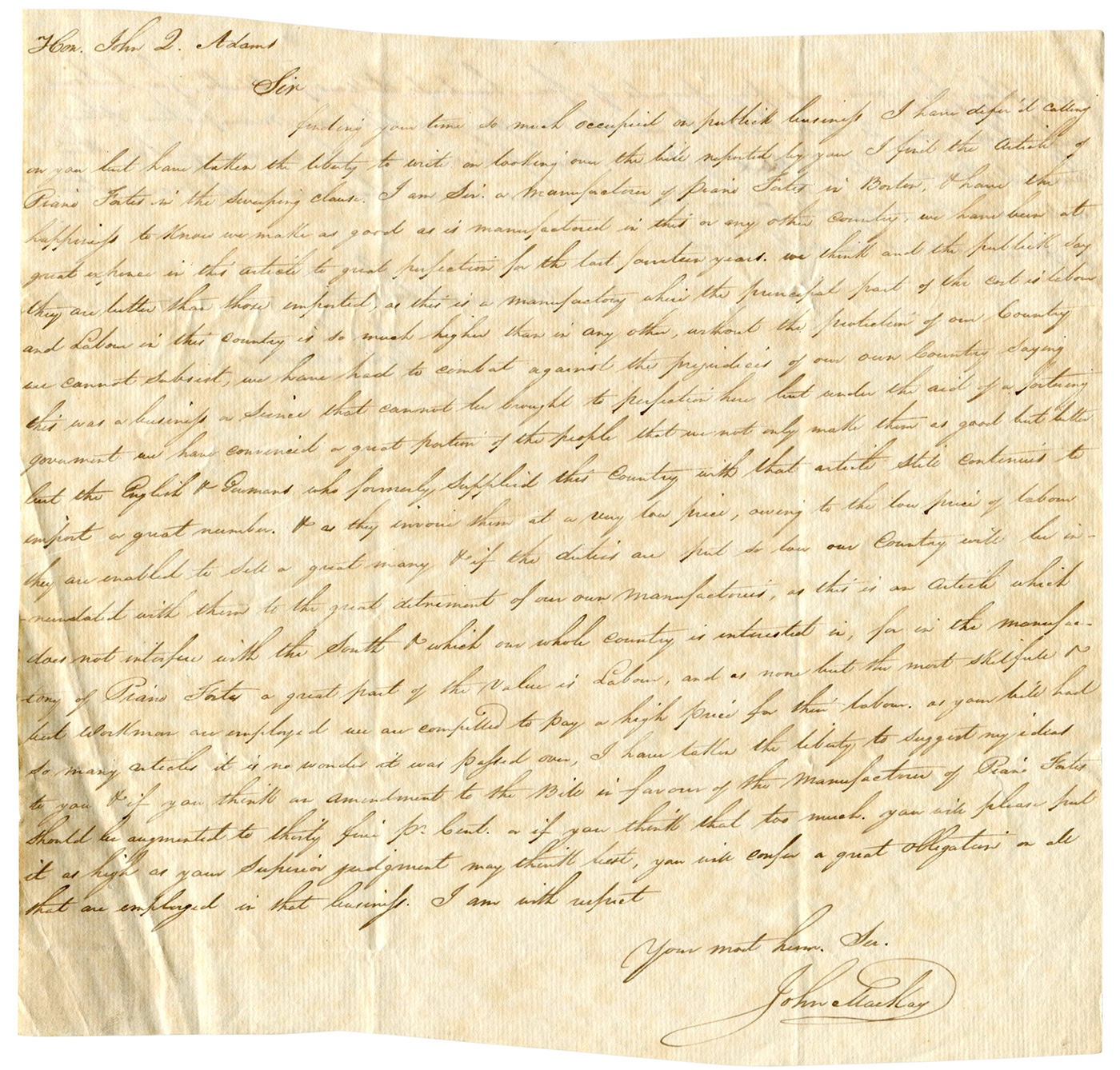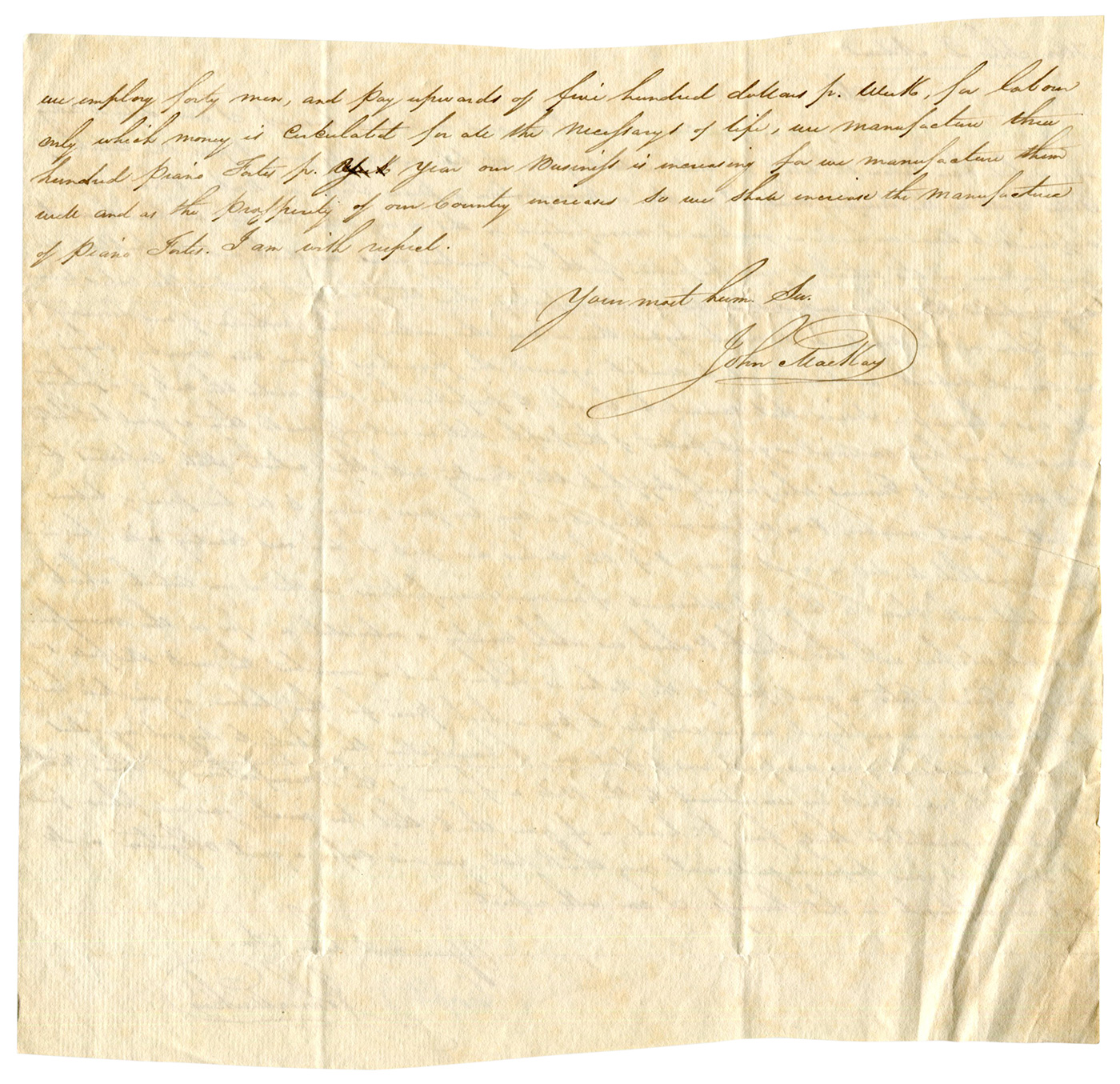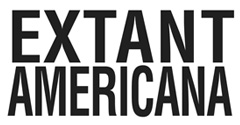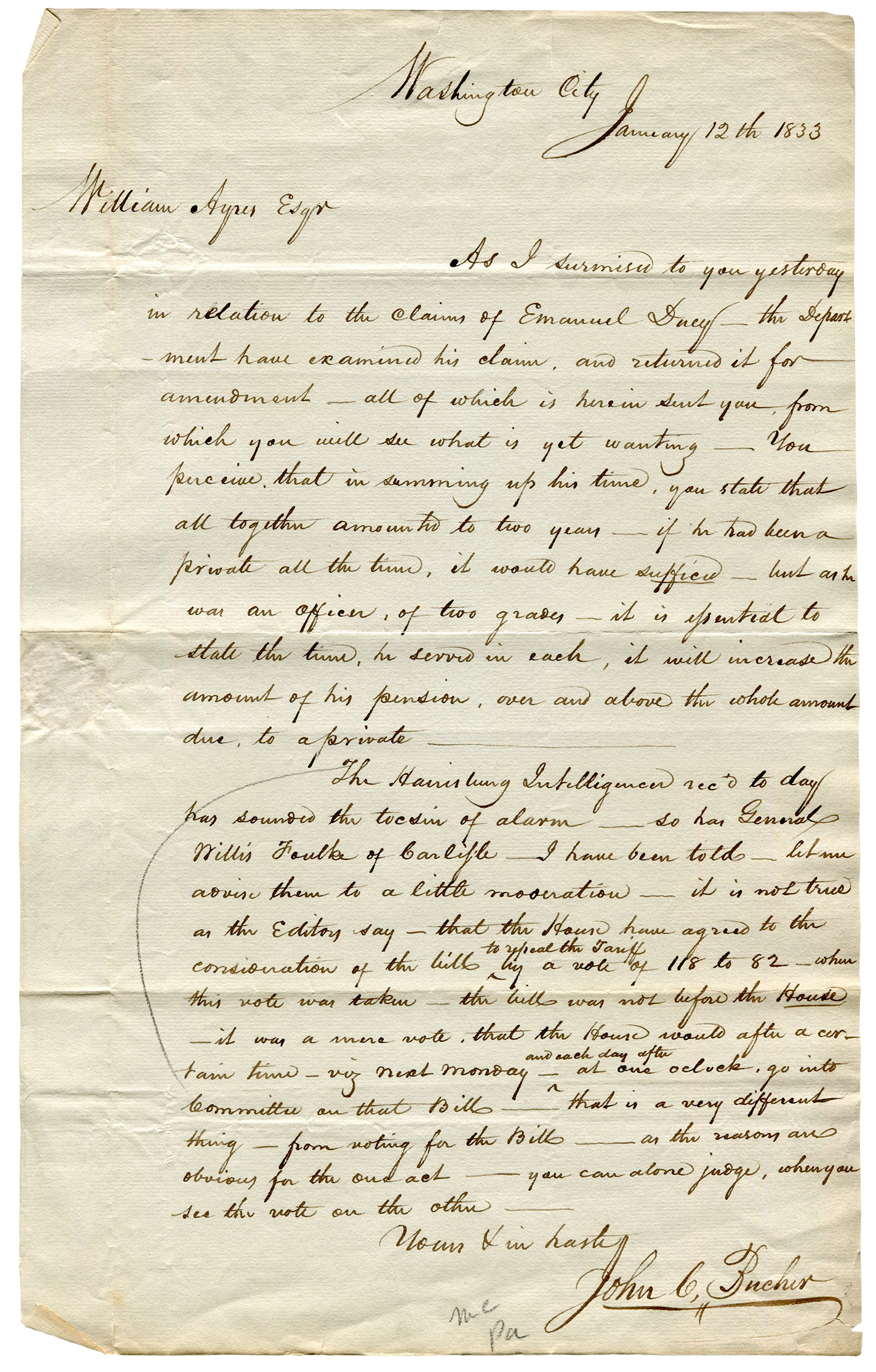 (Nullification Crisis) John Conrad BUCHER (1792-1851) Pennsylvania politician and lawyer who served as a Jacksonian Democrat in the 22nd Congress, (1831-1833) during the Nullification Crisis. Following his Congressional tenure, he was elected a trustee of Harrisburg Academy, Franklin College (Lancaster) and Marshall College (Mercersburg). In 1839, Bucher was appointed associate judge of Dauphin County, Pennsylvania, by Governor David R. Porter, a position he held until his death in 1851.
(Nullification Crisis) John Conrad BUCHER (1792-1851) Pennsylvania politician and lawyer who served as a Jacksonian Democrat in the 22nd Congress, (1831-1833) during the Nullification Crisis. Following his Congressional tenure, he was elected a trustee of Harrisburg Academy, Franklin College (Lancaster) and Marshall College (Mercersburg). In 1839, Bucher was appointed associate judge of Dauphin County, Pennsylvania, by Governor David R. Porter, a position he held until his death in 1851.
A collection of four Autograph Letters Signed “John C. Bucher” and “Jno. C. Bucher“, 8pp., various sizes, Philadelphia and Washington, 18 Sept. 1830 to 19 January 1833 to his brother-in-law William Ayres (1788-1856) of Harrisburg,* providing great detail on the political polarization afflicting Congress during the Nullification Crisis of 1832. Bucher exercises wit and scorn in equal measure when chastising Ayres for his Anti-Mason position, and delivers some derisive jabs regarding his brother-in-law’s public conduct. Bucher issues corrections to accusations made by the press, and assists Ayres, perhaps half-heartedly, with furthering a Revolutionary War soldier’s petition for compensation from the government. He also addresses a personal conflict between himself and Ayres regarding the administration of the estate of Bucher’s father (and Ayres’ father-in-law), John Jacob Bucher (1764-1827).
The correspondence reads, in part: “[Philadelphia, 18 September 1830] This afternoon I received a letter from Harrisburg… it is alleged you are making great complaints, about the sale of a Lot, belonging to our late Fathers Estate,— and that you can produce a person that will give $1000— for the same property… as so much has been said about this matter it is to be presumed the purchaser is ready,— will you be so good as to assure the Gentleman, that so far as my control of the matter goes, he shall have the property. I will expect you to attend to this to see this to see this engagement consummated… You were not consulted about this, it is true— but no disrespect was intended by me— I pray you if your purchaser does not intend to close in, that you say nothing about it, that the parties with whom I had the interview know nothing of this… if you are not authorized by facts; to animadvert as severely as you have on my course of action, that your conduct is uncourteous, and exhibits more recklessness than I thought your nature would urge you to… my situation with our Fathers Estate has necessarily caused me to have more than a proportionate share of duty to perform, but I have never wished to assume more than my equal part… [Washington City, 18 December 1832] …the arena of Strife, furnishes matter continually for intense consideration— John C. Calhoun is elected to the Senate— vice R. Hayne who is elected Governor of South Carolina, 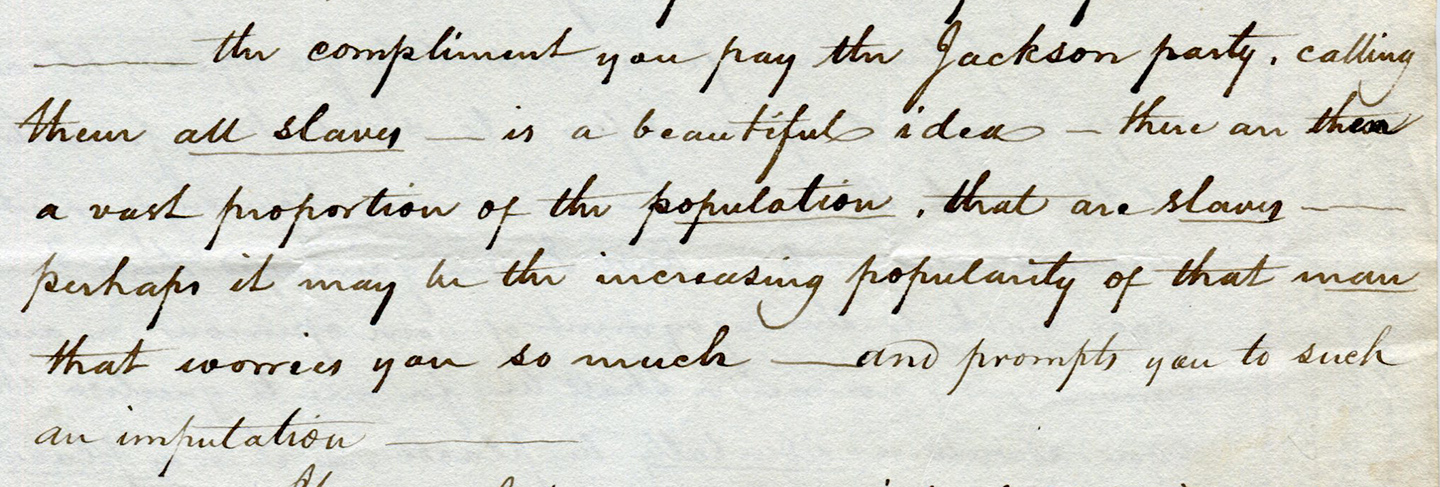 we have arrived at serious crisis in the affairs of our Country, to preserve peace among ourselves, and the preservation of those principles, which a large majority of us, say are fundamental— the right of protection— did time permit, I should like to run my thoughts here, by asking, or saying, whether our notions of protection, were not more interwoven, with our political creeds than in our absolute knowledge of the practical benefits resulting therefrom— before the Tariff Bill of last session was passed, our Legislature and our people, gave an almost unanimous expression in favor of holding on to ultra notions of protection— the majority in Congress adopted a modified scheme— reducing the scale of protection considerably— no evil consequences resulted, few dissenting voices were heard— all were satisfied— now if to save our Country— and to get rid of six million dollars per annum taxes which you anti Masons look on as a great bug bear— can preserve the Union— and with it the blessing of peace, and happiness to the American people, ought it not to be done? [Washington City, 12 January 1833] The Harrisburg Intelligence rec’d today has sounded the tocsin alarm— so has General Willis Foulke of Carlisle… the Editors say… the House have agreed to the consideration of the bill to repeal the Tariff by a vote of 188 to 82— when this vote was taken— the bill was not before the House, it was a mere vote, that the House would after a certain time viz next Monday and each day after at one o’clock, go into Committee on that Bill— that is a very different thing from voting on the Bill— as the reasons are obvious for the one act— you can alone judge when you see the vote on the other… [Washington City, 19 January 1833] …You mistake me much in supposing, my charge against you, was referring to any publication in the P. Intelligence, in relation to my public acts— not so— they were spread before the public before they reached Harrisburg. Mr. Strong and yourself are at liberty to put such construction on them, as you please. My allusions were to editorial remarks… which had such a squinting to opinions I had communicated to you, that I had concluded you had furnished them— and especially as you called my attention to said papers— as to the compliment of Mr. Strong, to Mr. George H. Bucher, it was merely to send a phillipick at me— the compliment you pay the Jackson party, calling them all slaves— is a beautiful idea— there are then a vast proportion of the population, that are slaves— perhaps it may be the increasing popularity of that man that worries you so much— and prompts you to such an imputation… Those ‘Honorable matters’ you refer to, that you were so kind to suppress— which my neighbors knew— it is a strange kind of suppression, to conceal that that every body knew— you know me long enough to know that I have never endeavoured to suppress any act of mine— hence I too frankly speak my actions— in the revolution of circumstance, certain acts will admit of interpretations or glossary at one time, differently, from another— no man can foresee that the public may use him at any future time for a candidate for office, he cannot therefore shape every act of his life— to shield him from the Paul Pry’s of the times… You have as good right to the enjoyment of your opinion as any man— it never was, nor never shall be for me to question them— but if you should accidentally be placed, as I was placed— and I should act towards you, as you have towards me— you will be enabled alone to judge of the propriety of the course.”
we have arrived at serious crisis in the affairs of our Country, to preserve peace among ourselves, and the preservation of those principles, which a large majority of us, say are fundamental— the right of protection— did time permit, I should like to run my thoughts here, by asking, or saying, whether our notions of protection, were not more interwoven, with our political creeds than in our absolute knowledge of the practical benefits resulting therefrom— before the Tariff Bill of last session was passed, our Legislature and our people, gave an almost unanimous expression in favor of holding on to ultra notions of protection— the majority in Congress adopted a modified scheme— reducing the scale of protection considerably— no evil consequences resulted, few dissenting voices were heard— all were satisfied— now if to save our Country— and to get rid of six million dollars per annum taxes which you anti Masons look on as a great bug bear— can preserve the Union— and with it the blessing of peace, and happiness to the American people, ought it not to be done? [Washington City, 12 January 1833] The Harrisburg Intelligence rec’d today has sounded the tocsin alarm— so has General Willis Foulke of Carlisle… the Editors say… the House have agreed to the consideration of the bill to repeal the Tariff by a vote of 188 to 82— when this vote was taken— the bill was not before the House, it was a mere vote, that the House would after a certain time viz next Monday and each day after at one o’clock, go into Committee on that Bill— that is a very different thing from voting on the Bill— as the reasons are obvious for the one act— you can alone judge when you see the vote on the other… [Washington City, 19 January 1833] …You mistake me much in supposing, my charge against you, was referring to any publication in the P. Intelligence, in relation to my public acts— not so— they were spread before the public before they reached Harrisburg. Mr. Strong and yourself are at liberty to put such construction on them, as you please. My allusions were to editorial remarks… which had such a squinting to opinions I had communicated to you, that I had concluded you had furnished them— and especially as you called my attention to said papers— as to the compliment of Mr. Strong, to Mr. George H. Bucher, it was merely to send a phillipick at me— the compliment you pay the Jackson party, calling them all slaves— is a beautiful idea— there are then a vast proportion of the population, that are slaves— perhaps it may be the increasing popularity of that man that worries you so much— and prompts you to such an imputation… Those ‘Honorable matters’ you refer to, that you were so kind to suppress— which my neighbors knew— it is a strange kind of suppression, to conceal that that every body knew— you know me long enough to know that I have never endeavoured to suppress any act of mine— hence I too frankly speak my actions— in the revolution of circumstance, certain acts will admit of interpretations or glossary at one time, differently, from another— no man can foresee that the public may use him at any future time for a candidate for office, he cannot therefore shape every act of his life— to shield him from the Paul Pry’s of the times… You have as good right to the enjoyment of your opinion as any man— it never was, nor never shall be for me to question them— but if you should accidentally be placed, as I was placed— and I should act towards you, as you have towards me— you will be enabled alone to judge of the propriety of the course.”
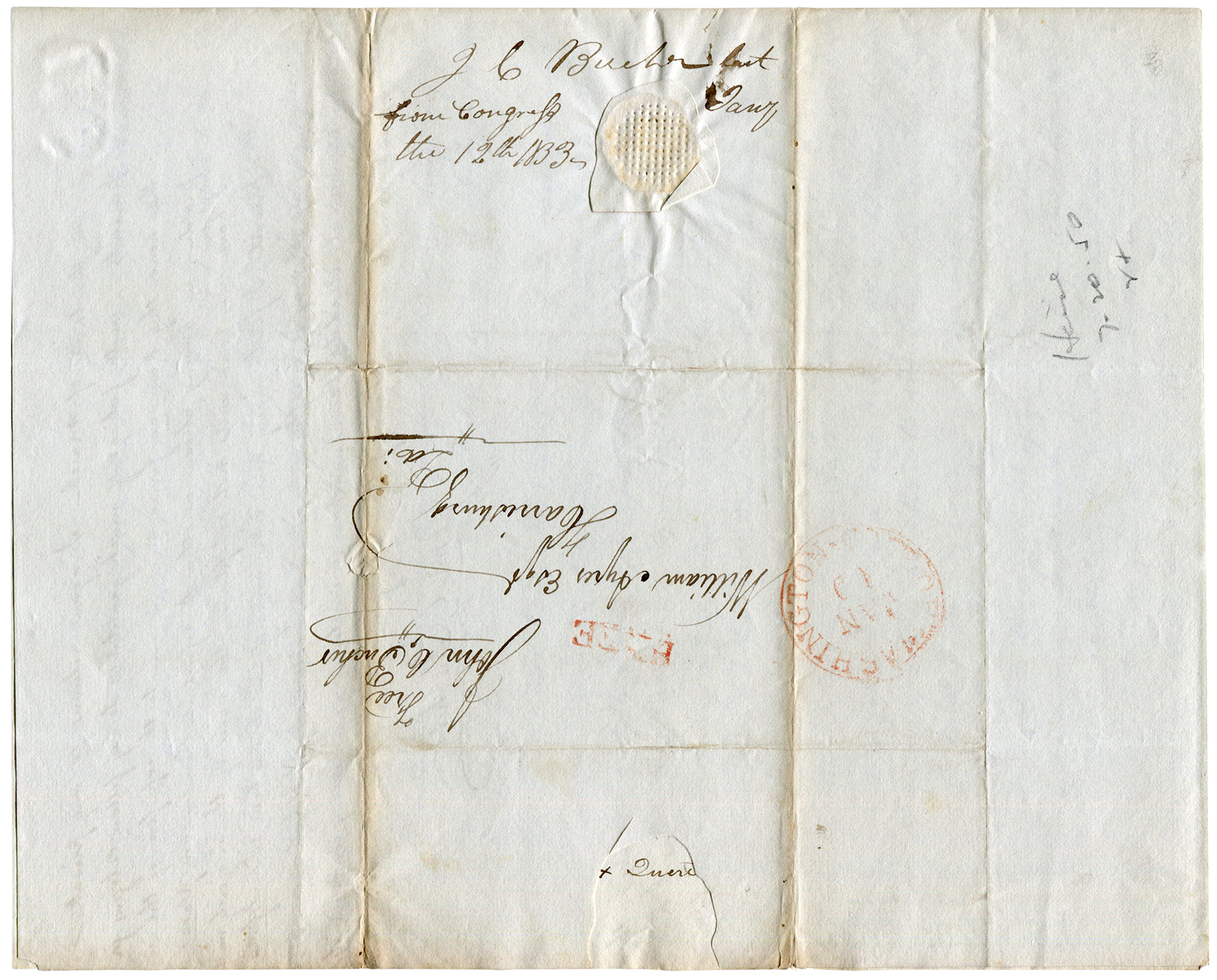 Bucher concludes his correspondence with an acknowledgment that his Congressional career has come to an end by no choice of his own, “On the 4th of March I again return to my private pursuits, with feelings of much gratitude to my fellow Citizens, for the honor they have conferred on me— to the expression of the people, in having chosen another to represent them in my place. I have not, not will not complain, the voice of the majority must prevail; I find many here like myself— it has been so heretofore and it may be so hereafter…“
Bucher concludes his correspondence with an acknowledgment that his Congressional career has come to an end by no choice of his own, “On the 4th of March I again return to my private pursuits, with feelings of much gratitude to my fellow Citizens, for the honor they have conferred on me— to the expression of the people, in having chosen another to represent them in my place. I have not, not will not complain, the voice of the majority must prevail; I find many here like myself— it has been so heretofore and it may be so hereafter…“
Soiling, light toning and edge wear, usual folds, overall fine condition.
(EXA 3594) $1,250
_________
* Ayres was admitted to the bar in Harrisburg in 1826. Active in Whig party politics, he was elected to the Pennsylvania Legislature, serving from 1833 to 1835, and as coadjutor of Thaddeus Stevens, fought for the establishment of a free school system in Pennsylvania. In 1841, he was elected Director of the United States bank at Philadelphia. Between 1850 and his death in 1856, he sat as President of the Harrison Gas Company, the Huntington and Broad Top Railroad, and the Harrisburg and Hamburg Railroad Company. He married Mary Elizabeth Bucher (1795-1847), sister of John Conrad Bucher, in 1817.
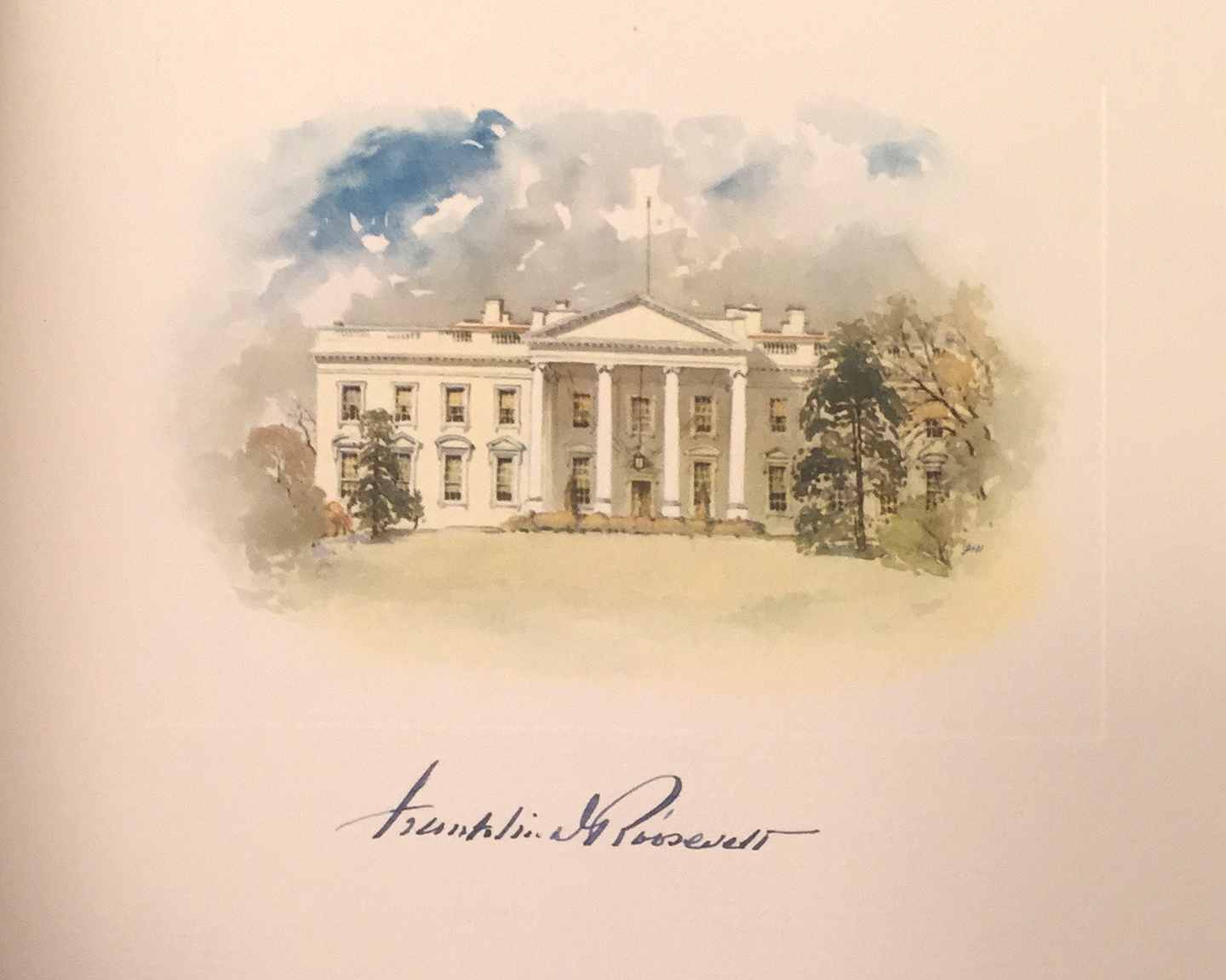 Franklin D. ROOSEVELT (1882-1945) His signature, “Franklin D. Roosevelt” as President, accomplished beneath a charming color engraving of the White House 365 x 285 mm. (14 1/2 X 11 1/2 in.), bound in a limited edition volume THE DEMOCRATIC BOOK 1936. ([Philadelphia, 1936]) 384 pp., quarto, bound in soft brown leather with gilt lettering and the original pictorial wraps bound in. Limited Edition #2,120 of 2,500 copies.
Franklin D. ROOSEVELT (1882-1945) His signature, “Franklin D. Roosevelt” as President, accomplished beneath a charming color engraving of the White House 365 x 285 mm. (14 1/2 X 11 1/2 in.), bound in a limited edition volume THE DEMOCRATIC BOOK 1936. ([Philadelphia, 1936]) 384 pp., quarto, bound in soft brown leather with gilt lettering and the original pictorial wraps bound in. Limited Edition #2,120 of 2,500 copies.